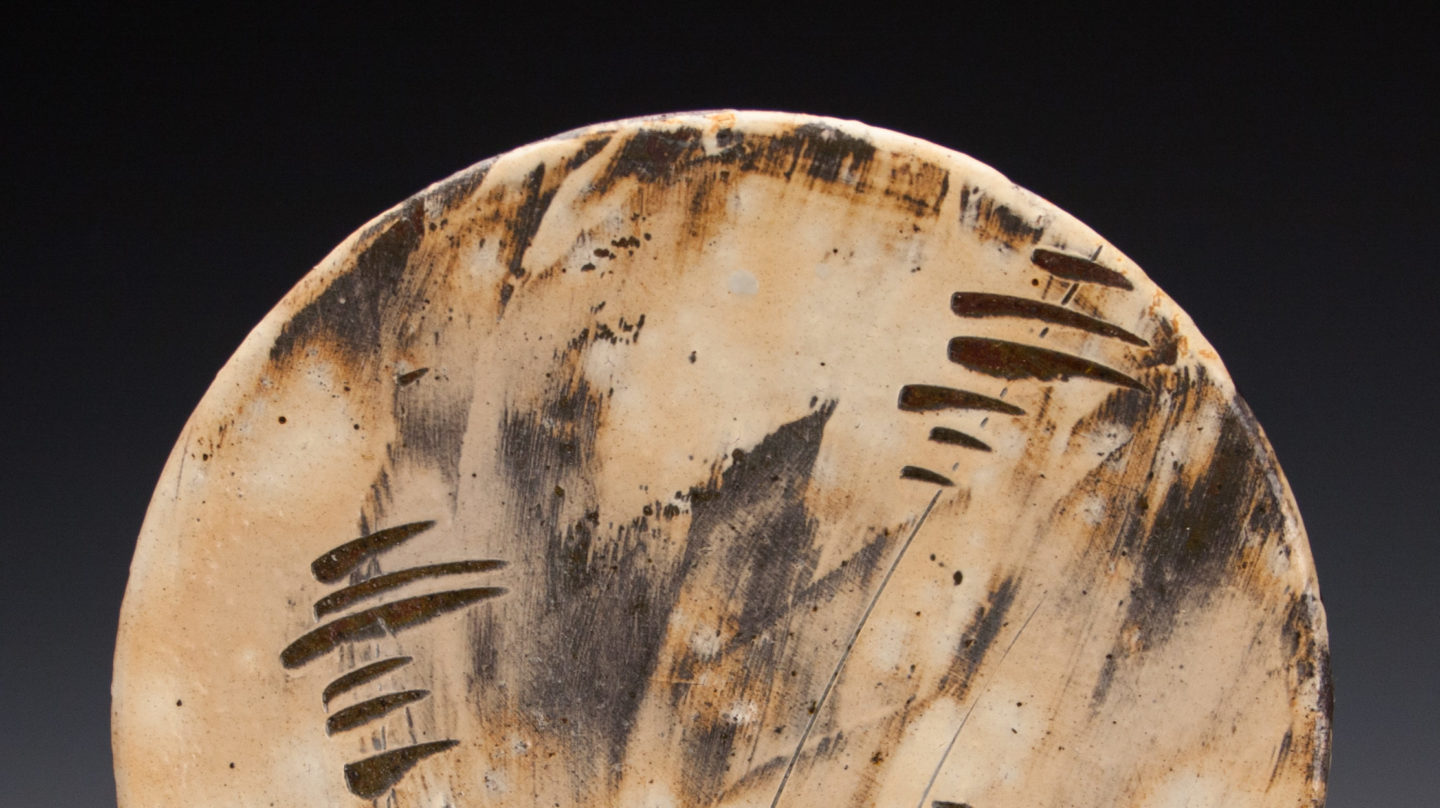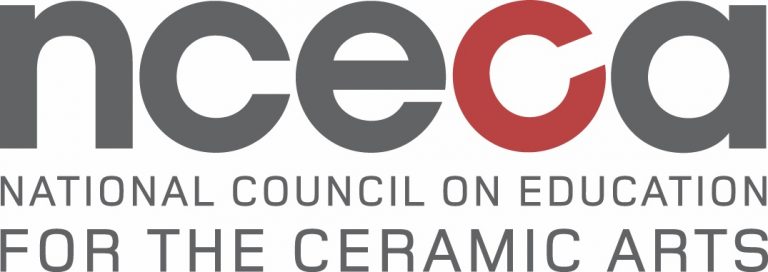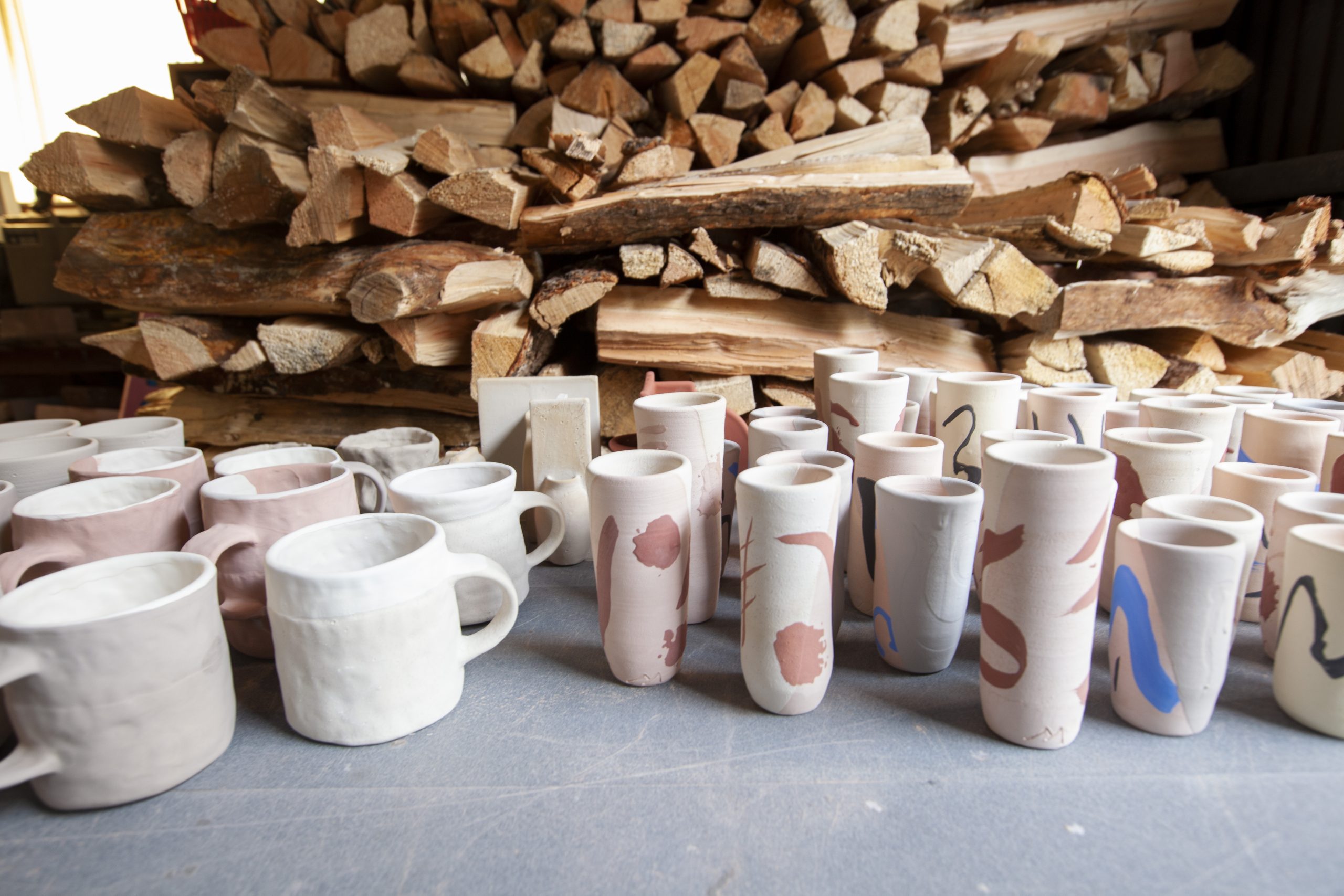Ceramics
Code: C1009-21
-
II
Level II
Students have a basic understanding of forming techniques, such as throwing and hand building. Students have taken one or two ceramics classes or workshops.
-
III
Level III
Students have significant experience with clay forming techniques, such as throwing, hand building and modeling. Students are comfortable with ceramics equipment, such as wheels, extruders and slab rollers. Students are self-starting with some formal training and have taken a minimum of three classes or workshops.
-
IV
Level IV
Students have advanced skills and knowledge of the ceramics field. Students are highly motivated, have a minimum of five years experience in the field and have a portfolio of their artwork. Typical students are academics and professional artists.
Interplay
Aug 9 - 20, 2021
9AM-5PM
Concept
Explore the lively interplay between materials, form, technique and firing in this workshop. This course covers a variety of throwing, altering and hand building techniques, which can then be combined to generate endless ideas. Students experiment with some local materials and also explore the interaction between dark clay, white slip and glaze in wood and gas kilns. Expect a playful environment with opportunities for investigation and discovery at all stages of the making process. Basic throwing skills required.
Media & Techniques
Hand building, wheel throwing, stoneware, wild clay, slip decoration, glazes, wood kiln and gas reduction firing
Supply ListFaculty

Michael Hunt & Naomi Dalglish
Michael Hunt and Naomi Dalglish collaborate in making wood-fired pottery. They combine coarse local clays, white slips and ash glazes to make the deeply layered surfaces for which they are known.

Michael Hunt and Naomi Dalglish, Plate
Join Waitlist for Interplay
Thank you for your interest in the waitlist. When space in a workshop or program becomes available, registration will open on the website. Everyone on the waitlist will be emailed to alert them of the opening. This ensures that everyone has an equal opportunity to register for the workshop or program.
Ceramics
In 1966, American ceramicist Paul Soldner selected the site for what is now Anderson Ranch Arts Center, forming the foundation for a thriving ceramics program. Then and now, Anderson Ranch is a place where students exchange ideas and examine ceramic art and pottery techniques. It has always been a place where seminal moments of growth happen in an artist’s creative and critical thinking. Here, both beginning and emerging artists gain strong fundamental support, while established artists achieve new perspectives and advance their techniques.
The Ranch Ceramics team provides support, feedback and technical problem-solving, giving each artist the freedom to experiment and grow. Our primary focus is on personal advancement through a process of creative discovery.
The Soldner Ceramics Center makes up more than 10,000 square feet in three buildings with 3 studio spaces and 1 kiln yard; Soldner Studio, Long Studio, Sorenson Studio and Lyeth/Lyon Kiln Building. Soldner and Long studios are used for wheel-throwing, hand-building, or general ceramics creativity. Sorenson studio is equipped with five PotterBot 3d clay printers. The Lyeth/Lyon kiln building is equipped with gas, electric, soda and wood kilns for both oxidation and reduction firing at all temperature ranges. The Ranch offers three wood kilns including a gas/wood hybrid kiln, three gas reduction kilns, one soda kiln and eleven high-temperature electric kilns.

Anderson Ranch is happy to extend a tuition discount* in summer one- or two-week adult ceramics workshops** for NCECA members at the student membership level or above. Please email reg@
Workshop Details
Workshop Supplies
For general information about studio access, shipping, and more, please visit our info page.
If you have any questions regarding your supplies for your workshop, please contact Joanne Seongweon Lee, [email protected].
Lodging & Meals
Housing is limited and includes shared and private lodging options. Reservations will be managed on a first-come, first-served basis. The earlier you reserve housing, the better your chance of receiving your preferred option. Please note: Workshop costs do not include accommodations.
NEW: Tuition includes a welcome dinner and lunches. In our effort to foster a stronger sense of community and accessibility at Anderson Ranch, we include the welcome dinner and all lunches as part of the tuition for summer workshop students. Our hope is that this adjustment will encourage all students to come together to share meals and engage in meaningful conversations. The Ranch Café Meal Plan, which is included with Room and Board fees, strives to provide healthy, creative meals that will nourish your artistic creativity. Learn more.
We have established a Business Safety Plan with added layers of precaution that prioritize the health and safety of our staff, students, faculty and guests while continuing to provide you with the Anderson Ranch experience that you know and enjoy.

Scholarships, College Credit & Discounts
Making Art Accessible
Applications for scholarship support are encouraged. Specific scholarships are funded by Ranch supporters, either through endowed funds or special gifts.
Many colleges and universities offer college credit for workshops taken at Anderson Ranch. Discounts are available for students and teachers.
You Might Also Be Interested In

-
O
Open to All
Students of any skill and knowledge level.
Jun 2 - 6, 2025
9AM-5PM
Blue and White Tradition: Paint with the Conscious and Subconscious Mind
Sin-ying Ho
Tuition $1,390
Code C0102-25
Join us in the exploration of historic and contemporary techniques of blue and white porcelain painting. Originating in the Yuan Dynasty and flourishing in the Ming Dynasty, this artform continues to thrive in China. The workshop examines the influence of both the conscious and subconscious mind on design, blending Eastern and Western concepts. Ho teaches traditional Chinese blue and white painting techniques using cobalt underglaze, while Reed showcases contemporary methods including glaze and underglaze painting, 4D design, digital decal transfer, and innovative re-firing and reglazing techniques. This workshop is ideal for artists and enthusiasts seeking to deepen their porcelain painting skills.

-
II
Level II
Students have a basic knowledge of 3-D art making and sculpture concepts and are comfortable using a variety of hand and power tools. Students have taken one or two sculpture classes or workshops.
-
III
Level III
Students have experience with a variety of materials and fabrication techniques and know how to use hand and power tools competently and safely. Students are self-starting with some formal training in critical aspects of sculpture and have completed a portfolio of work. Students have taken a minimum of three classes or workshops.
-
IV
Level IV
Students have advanced skills and knowledge of sculpture. Students are highly motivated, have a minimum of five years experience in the field and have multiple portfolios of their artwork. Typical students are academics and professional artists.
Jun 2 - 13, 2025
9AM-5PM
Building With Clay and Steel
Trey Hill
Tuition $2,010
Code S0101-25
Investigate new materials and approaches to building sculpture in this two-week exploratory workshop. Students discover innovative ways to combine different materials, creating dynamic mixed-media sculptures. This workshop experiments with adding different materials to students’ work—such as clay, steel, and found objects—while considering how each adds formal information and intensified content. This rigorous studio environment gives access to a variety of new materials and fresh ways of approaching students’ studio practice. The workshop is open to students working in any media who are looking to try something different and add new skills to their toolbox.

-
III
Level III
Students have significant experience with clay forming techniques, such as throwing, hand building and modeling. Students are comfortable with ceramics equipment, such as wheels, extruders and slab rollers. Students are self-starting with some formal training and have taken a minimum of three classes or workshops.
-
IV
Level IV
Students have advanced skills and knowledge of the ceramics field. Students are highly motivated, have a minimum of five years experience in the field and have a portfolio of their artwork. Typical students are academics and professional artists.
Jun 9 - 20, 2025
9AM-5PM
The Symbolic and the Figurative
Sunkoo Yuh
Tuition $2,010
Code C0204-25
This intermediate workshop delves into specialized hand building and finishing techniques. Suh introduces various construction methods that demonstrate a unique approach to creating complex forms and narrative sculptures. With a deep conversation about symbols, students learn how two-dimensional drawing compositions are transposed onto three-dimensional forms. Students learn Yuh’s unique style for applying colorful high-temperature glazes, his brush and ink technique, and his special methods for loading and firing monumental architectural ceramic sculpture.












